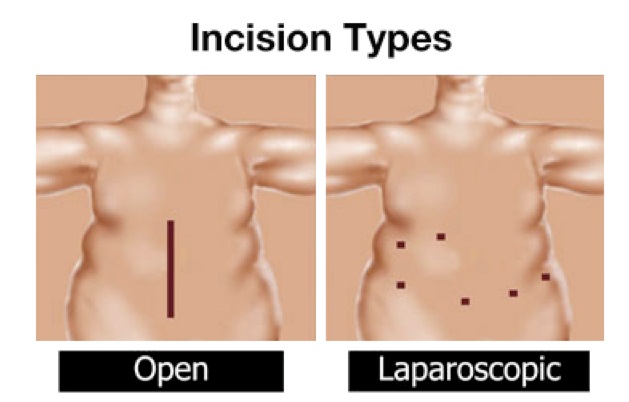Business writer Robert Kiyosaki hated school. Not only did he hate it, he didn’t do very well there. He recalls in his book for entrepreneurs, “Before You Quit Your Job,” that he was angry when he received his first “F.”
Do you like to fail?
Kiyosaki hated to fail, too.
And his failures were numerous. He also failed in his first business. But, he explains, he went on to succeed later, as a direct result of having failed previously.
What’s that got to do with WLS?
Failure. I haven’t met an obese person yet, who hasn’t felt like a failure in the weight loss arena. Sometimes we carry this feeling of failure into our lives after weight loss surgery.
We are so afraid of failing yet again. And we compare ourselves to an extreme ideal of perfection. We should be able to manage our weigh-especially now that we’ve had the surgery.
Failure is inevitable, even with weight loss surgery.
I don’t mean absolute, hopeless failure. I mean getting an “F” in exercise, or in eating at a buffet at a holiday party.
I mean the frequent failures that can add up to a weight gain over time, but individually they mean very little in terms of your weight.
Embrace failure.
Kiyosaki says the key to his success as an entrepreneur is that he has learned to use his failures as learning opportunities.
He doesn’t like failure any more than the next person, but he knows it’s useful and that it will help him be more successful. His failures are the fuel for his triumph.
Can you use failure as a strategy?
Considering most people who struggle with their weight tend to want to be perfect, putting failure in a desirable light may be hard at first.
You may not want to admit failure.
Admitting failure is hard. That is why we’ve worked so hard not to fail, and why we get so devastated when we do.
In some ways, we have been programmed to avoid failure. In school, we don’t get rewarded for failure. One bad grade will bring down your grade average for the whole year.
But in life, failing and admitting we have failed are actually good things.
Kiyosaki took the time to stop, admit failure, and analyze what went wrong. Then, he tried again, using the information he had learned from his failure to do better.
WLS success is dependent on studying your failures and learning from them.
It used to be that we’d fail, give up, and go on a cookie binge. That paradigm doesn’t work for overeaters, and especially not for WLS patients.
The better model for WLS success is much more like Kiyosaki’s:
1) Fail. (Remember, this is inevitable. We are not perfect. This type of failure includes things like skipping your vitamins, eating a donut, or exercising only the fingers that work the remote).
2) Admit it. Tell someone. Post it on the NAWLS forum, call someone in your support group, go to an OA meeting, tell your coach, call a friend, tell your minister. Just do it.
3) Analyze your failure and learn from it. A few months ago, I realized that I am much more likely to eat something if it is sitting out on my kitchen counter. When my husband leaves food out, I taste it-almost every time.
So, instead of denying my behavior and pretending it wasn’t anything to worry about, I admitted my grazing to myself and to my support group. Then, I analyzed the situation and figured out it was happening because I was on the “see-food” diet-I see food, I eat it.
Then, I asked my family to put their food out of sight. That simple. And it worked.
4) Fail again.
It’s all in your perspective. By reframing your view of failure, you can create a powerful tool for success.
Says Kiyosaki, “Thomas Edison was asked to leave school because teachers complained that he was addled or scatterbrained. Later in life, he was criticized for having failed over a thousand times before inventing his version of the electric light bulb….[then he] founded General Electric, one of the most powerful companies in the world.”
WLS patients who fail and learn are winners, too.
When you turn your mistakes into lessons, you take control of your life. You move forward to places you never thought you could go.
So, be fearless about failure. It will serve you well.






